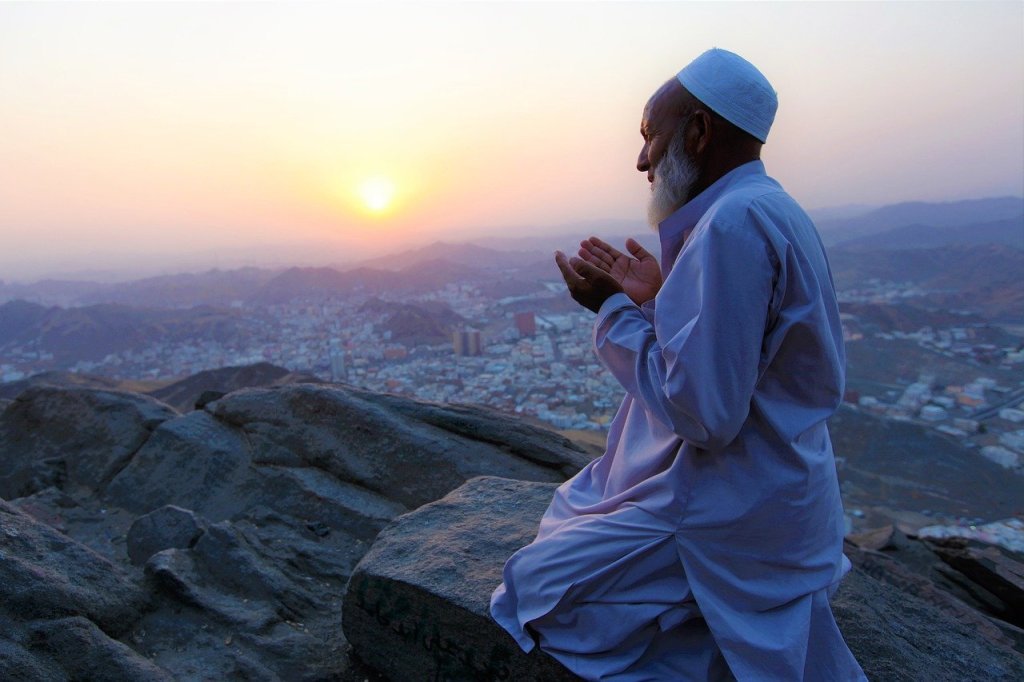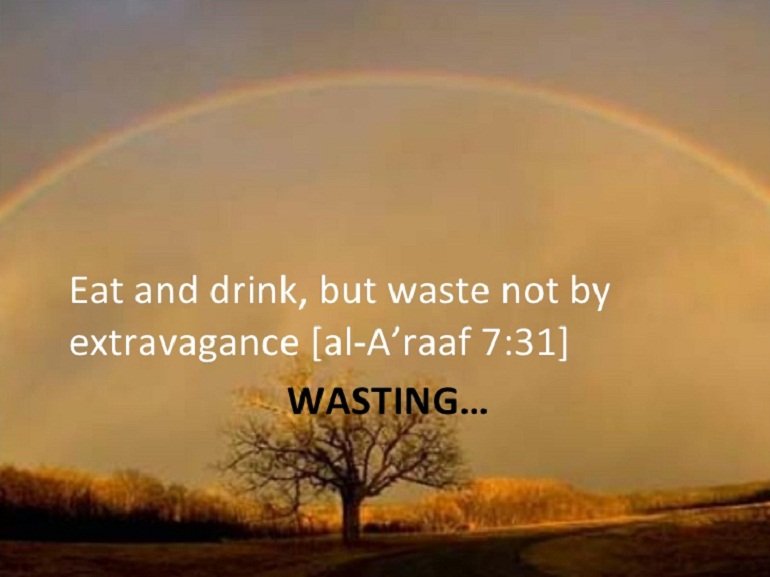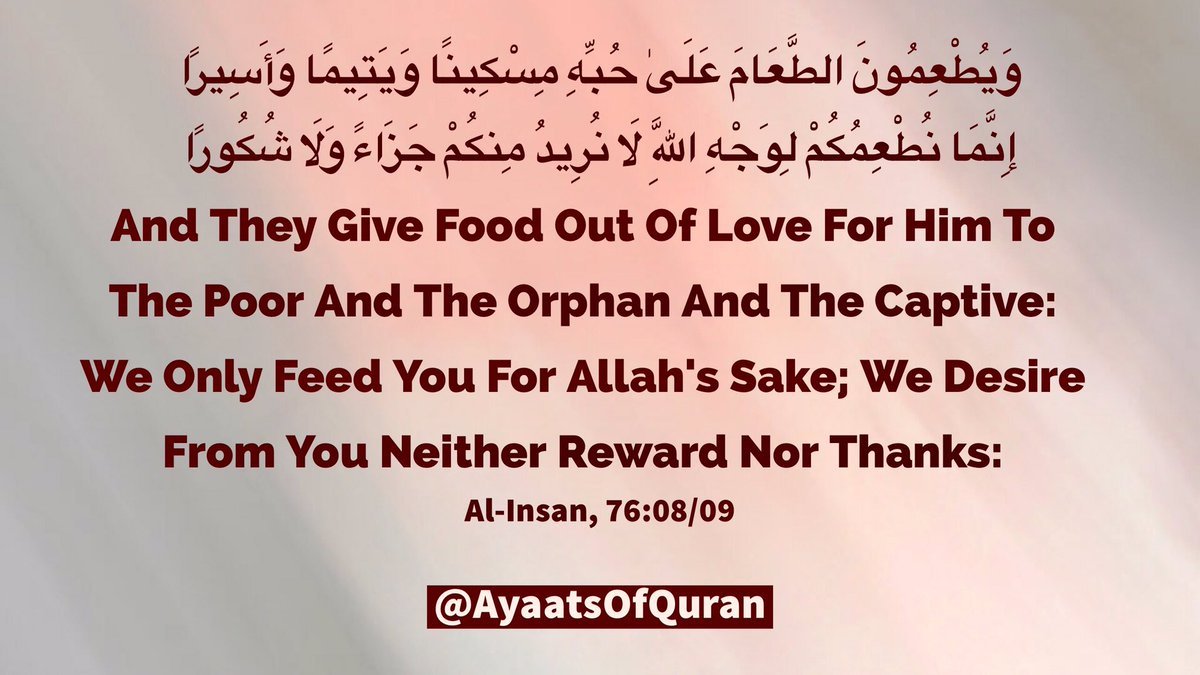HOW TO BALANCE WORSHIP AND HOUSEHOLD CHORES IN RAMADAN
Author : Marisa Lopez Chicote
Ramadan is the month to purify our minds and hearts, ask for Allah’s forgiveness and to submit ourselves to the Almighty. However, women are expected to spend much of their time in the kitchen preparing and planning suhoor and iftar dishes for their families.
Even cooking and taking care of the family and children is equally rewarding as any act done with the pure intent to please Allah, the Most High, is rewarding:
“Actions are but by intentions and every man will have only what he intended.” [Sahih Bukhari]
Let us see 5 tips to be able to have more time for the real purpose of Ramadan, worship and seeking Allah’s mercy and forgiveness.
- Make a schedule with realistic goals for each week. Some are daily goals like making an effort to be on time for each prayer, reading at least one juz of the Qur’an a day or participating in nightly Taraweeh prayers. Weekly goals may include limiting time-wasting activities such as time spent on the computer and watching television and weekly food schedules.
- Involve your spouse and children in home chores. We are not superwomen and we can not be in everything (work, home and worship). Get your children and husband involved in cleaning up after themselves, setting the table and helping you around the house and kitchen within their capacity. Train them before Ramadan so you won’t have to hover over them and waste your time and energy making sure the work is done right. Let them know the amount of reward they get with the right intention is multiplied during Ramadan, and that it adds to their basket of good deeds by helping you. The Prophet, aleiho assalato wassalam was the best example
When Aisha r.a., the Prophet’s wife was asked, “What did the Prophet (pbuh) use to do in his house? She replied, “He used to keep himself busy serving his family and when it was time for prayer, he would go for it.” (Bukhari) In another report, Aisha r.a. is reported to have said, “He did what one of you would do in his house. He mended sandals and patched garments and sewed.” (Adab Al-Mufrad graded sahih by Al-Albani)
- Eat healthy and simple. Ramadan is not a training to apply to the “MasterChef” program. Try to make simple and easy menus plan (check our weekly suggestion of menus plan in Ramadan) Eating healthy allows us to make the most of the month, and it means less time repairing elaborate dishes. Make sure you have some fruits for iftar and a light dinner, so that you can stay awake and energised for taraweeh.
- Complete the reading of the Quran as least once during Ramadan. Supposed it takes you one hour to read a Juz, then you should separate 1 hour from the 4 hours of worship everyday JUST to read the Quran. Furthermore, you can divide the 1-hour of Quran reading time into 2 or more pieces of 30 minutes. The next step is for you to decide what time of the day is best for you to read the Quran. If you can separate 30 minutes after Fajr and 30 minutes after Maghrib everyday, then you will easily complete reading the entire Quran once in Ramadan.
- Increasing your sadakka (charity) Charity is not only beneficial for those who receive it, there also lays a great reward for the ones who give. It is essentially food for the soul and serves as a means of salvation as well.
It is designated by Allah (SWT) himself as it is said:
“Ramadan is the month of giving and mercy, and in it Allah blesses the believers with forgiveness and being saved from Hellfire. Therefore, whoever is merciful and giving in Ramadan, Allah will be even more Merciful and Giving, and will bestow upon him
May Allah swt let us live to see this Ramadan and many more, and let us use our time wisely. I hope these tips help you to solve the stress with the household and give you a more productive Ramadan InshaAllah!
About the Author: Marisa Lopez Chicote is an event planner and mother of 5, living in Cairo and Muslim since 1985, alhamdullah. She loves travelling and cooking.














